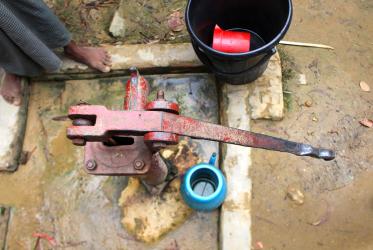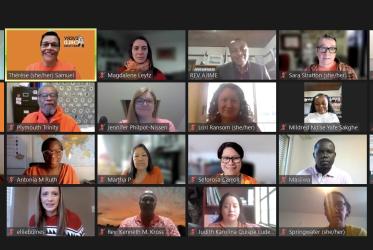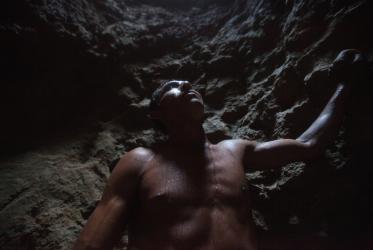Displaying 81 - 100 of 176
Groundwater: a hidden treasure we need to protect, say EWN members
28 February 2022
How do churches address racism, really?
15 February 2022
Wrestling with the racial pandemic
15 February 2022
WCC leaders recall life-changing experiences from early days
10 February 2022
Planting trees and working for peace in Palestine
26 January 2022

















